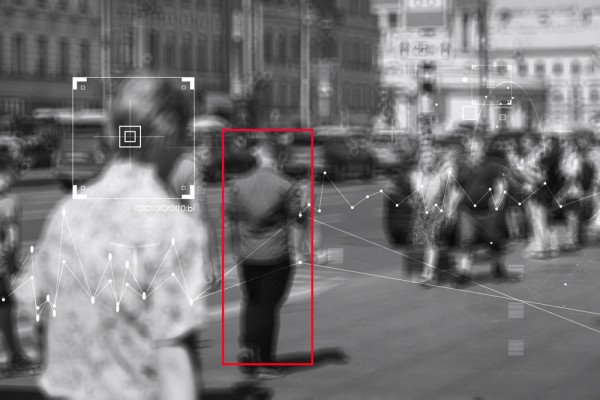Book review: Technology is Not Neutral
08/09/2023 | The Scotsman
In her new book, Technology is Not Neutral, author Stephanie Hare explores the idea that humans are essentially pieces of information. Hare explains that everything from our genetic code to our fingerprints, voices, and even how we walk can be turned into code. This extends to our online selves, where our photos, chats, emails, and more have also been turned into code.
Hare's research has focused on facial recognition technology, which she argues has been rolled out in ways that are unaccountable democratically. She questions whether the solution is simply collecting more data and refining algorithms to make the technology more accurate or if there are deeper questions about the limits of privacy and the potential impact on vulnerable populations. While Hare shares the desire to stop crime and prevent terror attacks, she writes that there are better ways to rebuild lost trust with law enforcement than using facial recognition tools that discriminate.

What is this page?
You are reading a summary article on the Privacy Newsfeed, a free resource for DPOs and other professionals with privacy or data protection responsibilities helping them stay informed of industry news all in one place. The information here is a brief snippet relating to a single piece of original content or several articles about a common topic or thread. The main contributor is listed in the top left-hand corner, just beneath the article title.
The Privacy Newsfeed monitors over 300 global publications, of which more than 6,250 summary articles have been posted to the online archive dating back to the beginning of 2020. A weekly roundup is available by email every Friday.

